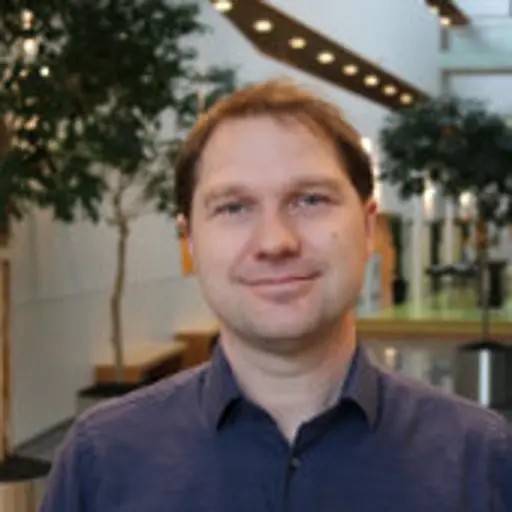Course syllabus adopted 2020-02-10 by Head of Programme (or corresponding).
Overview
- Swedish nameProjekt i tillämpad mekanik
- CodeTME131
- Credits7.5 Credits
- OwnerMPAME
- Education cycleSecond-cycle
- Main field of studyMechanical Engineering
- DepartmentMECHANICS AND MARITIME SCIENCES
- GradingTH - Pass with distinction (5), Pass with credit (4), Pass (3), Fail
Course round 1
- Teaching language English
- Application code 03117
- Block schedule
- Open for exchange studentsNo
Credit distribution
Module | Sp1 | Sp2 | Sp3 | Sp4 | Summer | Not Sp | Examination dates |
|---|---|---|---|---|---|---|---|
| 0114 Project 7.5 c Grading: TH | 7.5 c |
In programmes
Examiner
- Håkan Johansson
- Professor, Dynamics, Mechanics and Maritime Sciences
Eligibility
General entry requirements for Master's level (second cycle)Applicants enrolled in a programme at Chalmers where the course is included in the study programme are exempted from fulfilling the requirements above.
Specific entry requirements
English 6 (or by other approved means with the equivalent proficiency level)Applicants enrolled in a programme at Chalmers where the course is included in the study programme are exempted from fulfilling the requirements above.
Course specific prerequisites
Finite Element Method and compulsory within the Master's Programme Applied Mechanics (MPAME)Aim
The aim of the course is to provide the student with an opportunity to apply knowledge in mathematical modelling using computational and experimental techniques. The learning environment is organized in such a way that an emphasis is put on practising communication skills and developing experience working in teams.Learning outcomes (after completion of the course the student should be able to)
After completed course, the student should- be able to critically, independently and creatively identify and formulate issues
- be able to master problems with open solutions spaces this includes to be able to handle uncertainties and limited information.
- be able to apply previously learned theory, simulation methods and tools to handle industrial mechanical engineering problems.
- be able to create appropriate simulations models and experiments to solve a specific simulations problem
- be able to use Computer Aided Engineering (CAE) tools to simulate product or device performances
- be able to plan and carry out advanced tasks within specified time frames
- show insight and ability to work in teams and collaborate in groups with different compositions
- be able to identify ethical aspects and discuss and judge their consequences in the workings of larger investigation in applied mechanics
- be able to give written and oral presentations of a larger technical investigation
- be able to master the projects specific goals
Content
The course is subdivided into two learning blocks, a shorter introductory block introducing project management, team work, engineering code of ethics, communication and project specific theory. The major block is project work in teams of 3-6 students to solve and report the specific project task.
Available project topics are intrinsically linked with the different profiles (i.e., structural and experimental dynamics, computational material mechanics and fluid dynamics) of the Master's programme in Applied Mechanics. Some projects may be multidisciplinary, i.e., they require and deepens skills from the different profiles.
The students give project task preferences prior to the course start.
Some projects will be carried out in cooperation with the industry.
Organisation
Project work with supervision and integrated lectures on project management, team work and communicationThe class is divided into project teams with 3 - 6 students each. The intention is that each team will be divided in sub-teams working in parallel with different tasks within the project.
Literature
Lecture notes and project specific literatureExamination including compulsory elements
Graded team deliverables and presentations including planning report, oral presentation and opposition and final report as well as graded individual contributions.Individual grades are built up by 80% from team achievements and 20 % from individual contributions.
Team and individual feedback meetings with examiners
